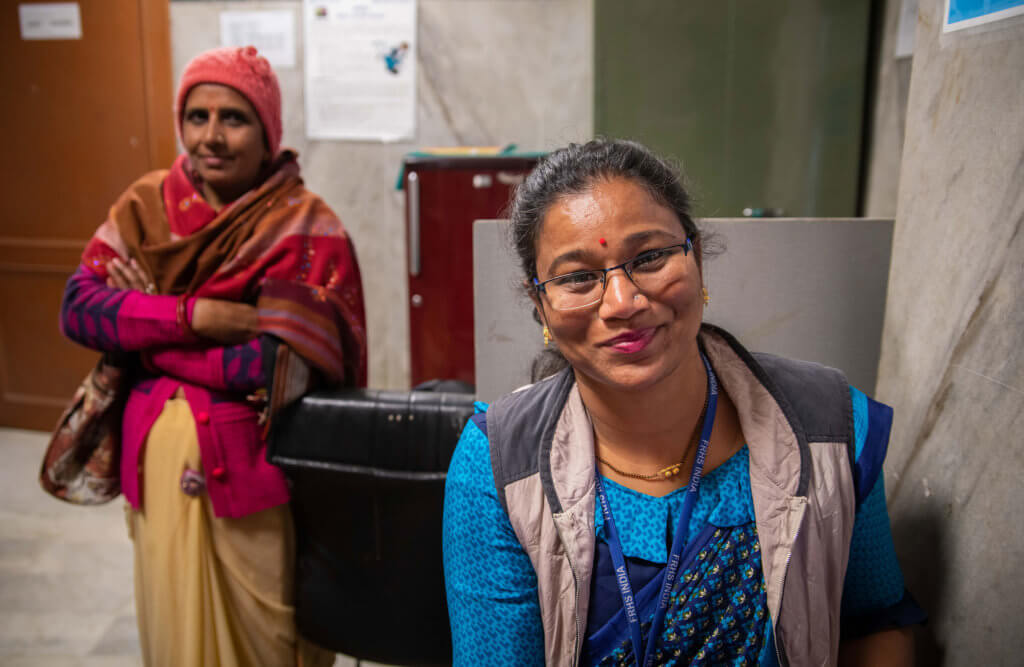It is reasonable to think that in 2021, with government officials and healthcare providers overwhelmed with addressing the global pandemic, that MSI might ease up on its advocacy efforts. But sexual reproductive health and rights (SRHR) are often overlooked in a crisis. Therefore, 2021 was not a year for rest. Instead, it was a year that will stand out as proof of MSI’s commitment to increasing access to modern reproductive healthcare services to women, no matter what obstacles are put in our way.
Our country programs faced many challenges. Covid-19 restrictions closed offices and limited access to policymakers. Dramatically increased activity from global anti-choice groups threatened our work. And challenges brought about by climate change continued. But our country programs persisted. They continued to engage with their governments. The strong partnerships they built led to reforms to policies, regulations, laws and health financing that will make choice possible for more women.

India: Lawmakers passed an amendment to the Medical Termination of Pregnancy Act in India. This will give increased access to safe abortion services to unmarried women and rape survivors.
Ghana: The National Health Insurance Authority approved changes to include family planning services and commodities in the national health insurance benefits package. This will make IUDs, implants and injectable methods of contraception free for members.
Zambia: The Ministry of Health approved changes to the National Demographic Health System Information. Now the government is one of the few in Africa collecting data about family planning and adolescents by age. This is an important change in Zambia, where teenage pregnancy is on the rise and 44% of the population is under the age of 14.
Sierra Leone: Lawmakers approved Comprehensive Sexuality Education for inclusion in the National School Curriculum. This will give adolescents the information they need to avoid unintended pregnancies so they can stay in school.
MSI’s Head of Advocacy Sarah Shaw said: ”These impressive outcomes, achieved during a time of adversity, demonstrate the critical importance of bringing the voice and experience of a service provider like MSI Reproductive Choices to policy debate. The reforms and policy changes will have long-lasting impact on sexual reproductive health and rights in these countries.”
The changes are a giant step toward reaching Sustainable Development Goals. Policy changes can help ensure universal access to sexual and reproductive health and rights including family planning, information and education, and the integration of SRHR into national strategies and programs.
MSI’s resilience and commitment will be tested in the coming years. The current generation of young people is the largest the world has ever seen. As these adolescents mature, experts expect a surge in demand for modern methods of family planning and sexual reproductive health services and rights.
The past two years have been an excellent training ground. MSI’s advocacy and service provider teams have proven themselves up for any challenge. Together, they will achieve MSI’s goals to ensure that every woman has access to choice.